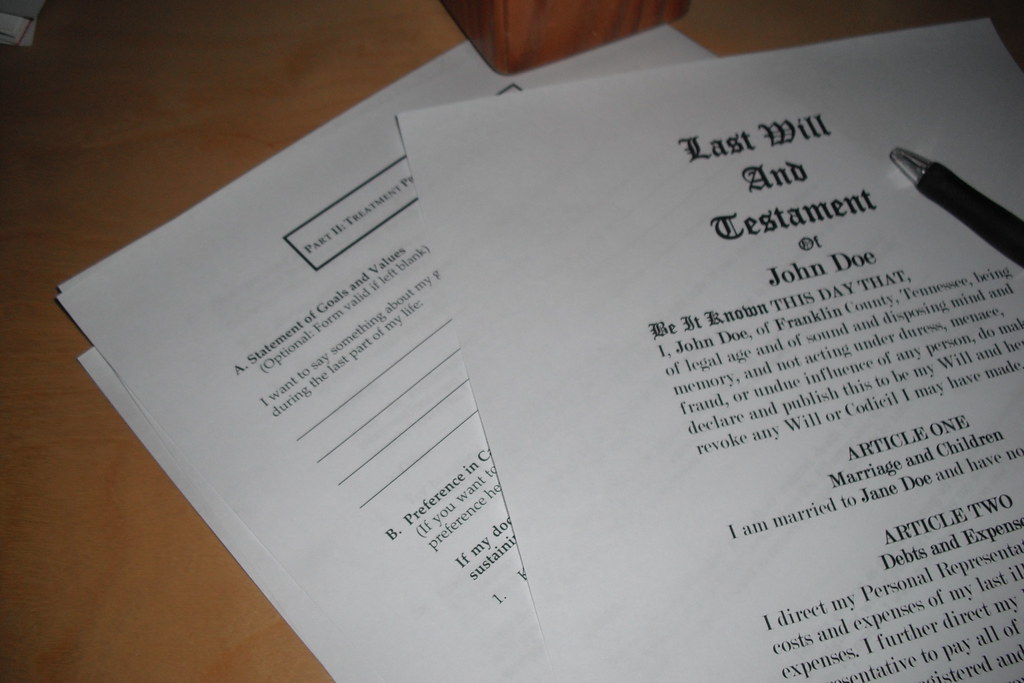Homily at St Philip Evans, for the 18th Sunday of Ordinary Time.
Continuing our series on the Family, based on Amoris Laetitia.
 There’s a story about a saint who decided to spend some time alone, praying, on a high mountain. At first, his prayers were going well, but then the sun began to set and he started to feel the cold. In his prayers he started complaining to God about the discomfort he was feeling.
There’s a story about a saint who decided to spend some time alone, praying, on a high mountain. At first, his prayers were going well, but then the sun began to set and he started to feel the cold. In his prayers he started complaining to God about the discomfort he was feeling.
Suddenly, he had a thought. He took off the cloak he was wearing and laid it down at his feet. For as long as he could endure the chill, he worshipped God. Then, when he could stand it no more, he picked up the cloak at his feet and cried out, “Thanks be to God, there’s a cloak here to keep me warm!”
That saint understood that everything we have is an undeserved gift from God. That’s an important attitude, which vaccinates us from a terrible spiritual disease: consumerism!
In the nine years I’ve been a priest, I’ve had innumerable conversations with parishioners whose lives have been ruined by disputes about inheritance. They have expected to receive a certain amount in a will, but either they were left less than they hoped for, or another family member failed to hand over what they ought to have done, or in the absence of written instructions, the person didn’t inherit what they believed they were entitled to.
Now I’m the first to recognise that when you expect to inherit something, it’s easy to daydream. My parents own a house, and when the time comes, its value will probably be split between my brother and myself. Since I don’t have a mortgage, I can imagine paying for a round-the-world holiday, or buying a brand-new car, or sponsoring some expensive charitable project. Yet maybe that won’t happen. Maybe between now and then, the value of the house will have to be transformed into healthcare fees – or a survey might find an old mineshaft under its foundations and decimate the value.
Even Jesus was reluctant to get involved in a property dispute. “Who appointed me your judge?” he asks. In fact, one day Jesus will judge us, because the God He calls Father has appointed him judge over all humanity. But he will judge us on the quality of our generous giving.
And when it comes to questions of inheritance, the Old Testament preacher Qoheleth has nailed it. The only person who earned the wealth will one day die, so inevitably it will go so someone who hasn’t earned it. That’s why it’s a big mistake to ask whether an inheritance is fair. Inheritances are intrinsically generous. So the only real complaint we can make is that the will-maker was not as generous towards us as we hoped. Now I’ll admit that it’s certainly unfair if someone makes you a verbal promise and doesn’t follow up by writing that into their will – but that’s about breaking your word, which is a different issue altogether.
St Paul reminds us that we must live according to the values of heaven. We must not lie to one another. We must let go of desires for unearned wealth, and for inappropriate sexual relationships – if these things take hold of our life, they become false gods. Yes, these things tempt us. But we have free will, and the more we choose the values of heaven, the more each one of us becomes a living image of Jesus Himself.
So what choices might we need to make? Remember, when it comes to any inheritance, it’s not your money. You might have had a certain expectation. Maybe the will-writer even told you they were leaving you something, but even then, treat it as an undeserved gift. Don’t let it possess you.
Are you angry with a deceased relative for not including you in their will? Let it go. It was never your money in the first place. Pray for their soul!
Are you angry with a living relative for not sharing a portion of their inheritance with you? Let it go. They have had their reward already. Pray for their conversion!
Are you angry because the executor of a will is being slow to give you your inheritance? Let it go. God will allow your portion to come to you at a time when you’ll need it. Don’t rush to law to sue for what is yours – write to the executor and explain the terms under which you will lend them your share of the inheritance for a reasonable period. Love and bless your adversary!
There again, perhaps you are arguing with other family members because you’re the one holding the lion’s share of the inheritance, and other members of your family feel hard done by. If so, you’ve received an undeserved gift. How much of that gift will you share with your extended family? The Lord who said “Freely you have received, freely give” is also warning you that no amount of money will give you security – the Christian paradox is that only through giving can we truly receive what we need.
Pope Francis, in his great letter on the Joy of Love, doesn’t say anything specific about wills and inheritance, but he does mention the dangers of consumerism. In this “buy what you want” age, we are tempted to only pursue relationships which satisfy us, to fear the economic consequences of having children, and to have unrealistic expectations of living a life free of responsibility for others. At worst, we lose the ability to be tender towards others and to recognise true beauty.
One last thought. If you’re fretting about a gift you haven’t received, give something away as soon as possible. If that feels too hard for you to do – how can you expect anyone else to give anything to you?
Reading Amoris Laetitia: all references are to paragraph numbers.
- We are called to hard work: 23-26
- The dangers of consumerism: 39-44, 127, 135
